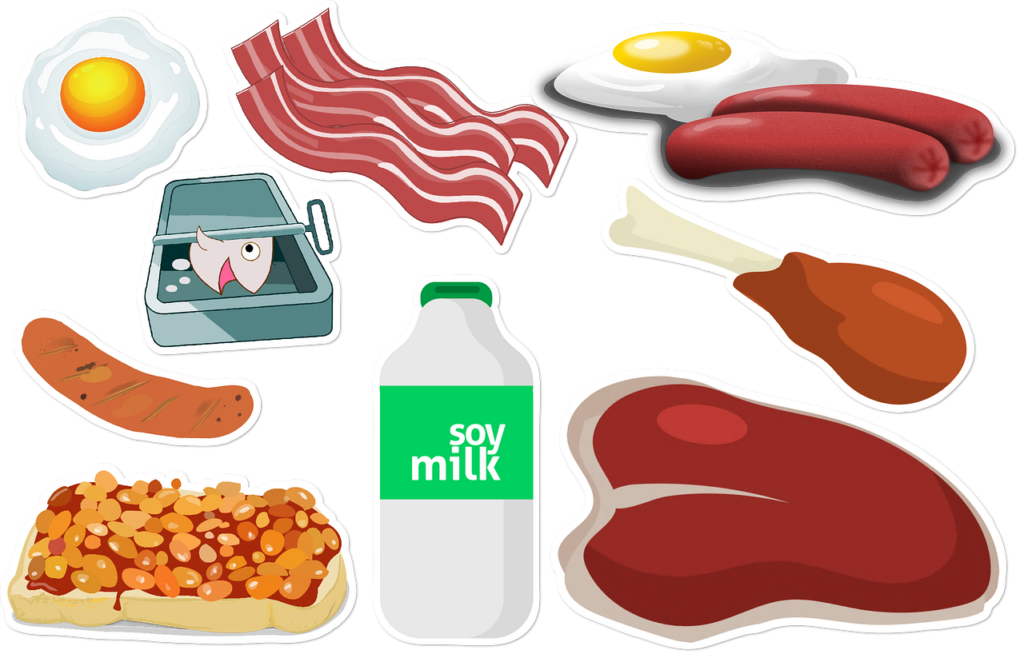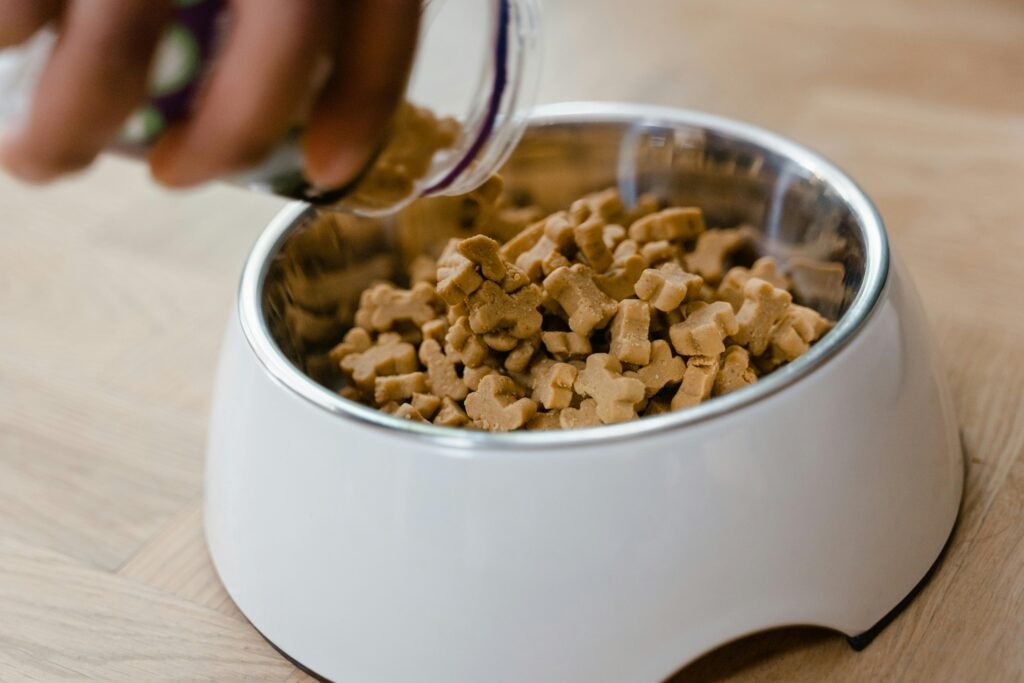Picking suitable food for your dog!!! What an easy saying but difficult and frustrating work to do!!! You know, with so many brands and options available, picking the best dog food can not be fortuitous. No, you have to study and consider a few things before giving food to your dog, like age, breed, activity level, and any underlying health conditions, to ensure that it is the best for him.

Here are some general guidelines for choosing the right dog food
- Pups: because of their quick growth and development, puppies need a diet high in calories and protein.
- Adult dogs: Adult dogs require a well-balanced diet, and have the right amounts of fat, carbs, and protein.
- Senior Dogs: As dogs age, their nutritional needs change. Senior dogs may require diets that support joint health, digestion, and cognitive function.
Key Nutrients to Look For
High-quality dog food should contain the following essential nutrients:

- Protein: The building block of tissues and muscles like meat, chicken, and eggs…
- Carbohydrates: A source of energy like rice, wheat, and potatoes…
- Fats: Essential for healthy skin, coat, and brain function like chicken fat, vegetable oil, and eggs…
- Fresh Fruits and Vegetables: Add fresh fruits and vegetables to your dog’s diet to provide essential antioxidants.
- Vitamins and Minerals: Necessary for various bodily functions like dark leafy greens like spinach and kale for example.
- Supplements: Consult your veterinarian to determine if your dog needs additional supplements, such as probiotics or joint supplements.
To always maintain your dog’s health with natural and healthy food pay close attention to the ingredient list to avoid foods with excessive fillers, artificial preservatives, or by-products.
Consider Your Dog’s Lifestyle
Active Dogs: Active dogs require a diet that supplies sufficient energy to fuel their lifestyle. seek foods with higher protein and calorie content.
Stationary Dogs: Less active dogs may benefit from a lower-calorie diet to prevent weight gain and fatness.

Consult Your Veterinarian
Your veterinarian is the best resource for personalized dietary advice. They can assess your dog’s needs and recommend the most appropriate food.
Precious Tips to Consider for choosing the right dog food
- When switching dog foods, gradually transition over 7-10 days to avoid digestive upset.
- Always provide fresh, clean water.
- Monitor your dog’s weight, energy levels, and overall health periodically.
- Avoid overfeeding depending on your veterinarian’s recommendations, as it can lead to obesity and other health problems.
- Regular Vet Check-ups: Schedule regular veterinary check-ups to monitor your dog’s weight, body condition, and overall health, see how it is crucial to do that!
Finally, By considering these factors and seeking professional advice, you can make informed decisions about your dog’s diet and ensure they thrive. Remember, a healthy diet is a crucial component of a happy and healthy dog.

